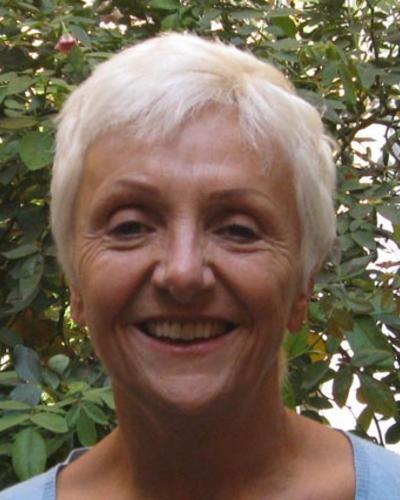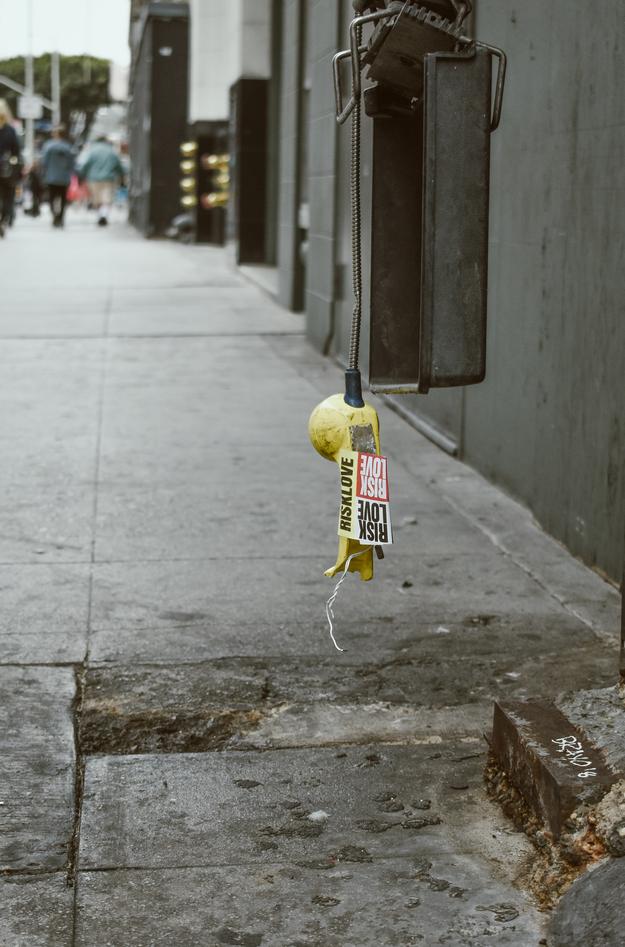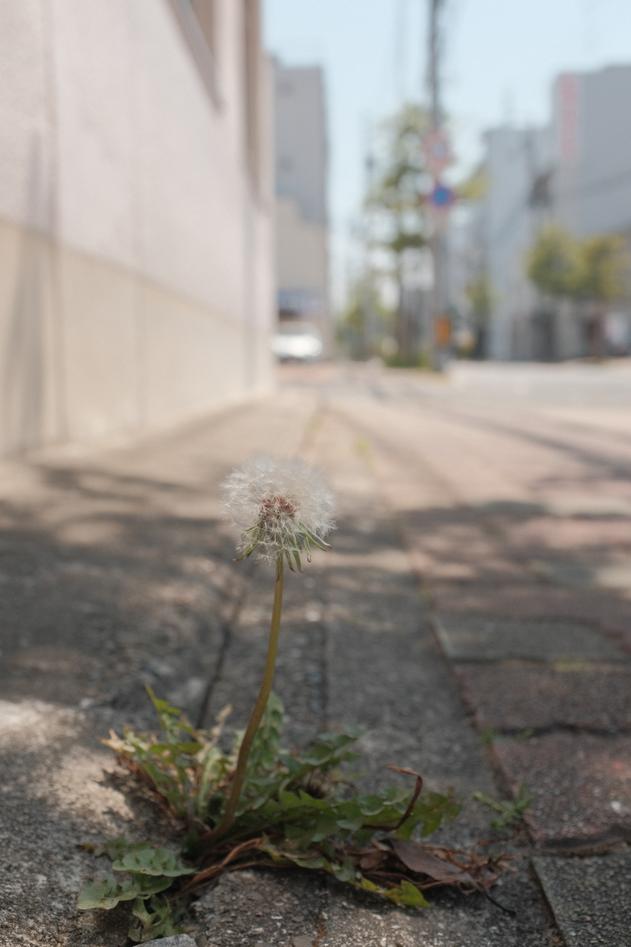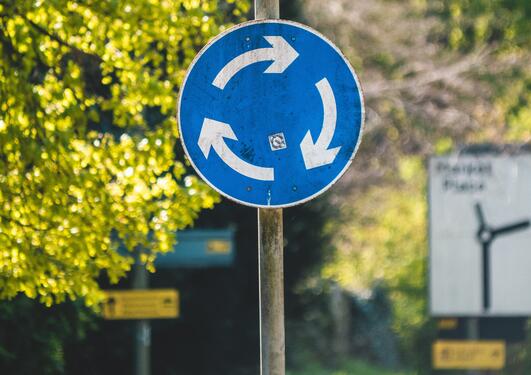UiB researcher pens editorial about Covid-19
Bruna De Marchi, researcher at the Centre for the Study of the Sciences and the Humanities (SVT) at UiB, has written the editorial in the first special issue of the journal Culture e Studi del Sociale.

Main content
As a scholar focused on risk and disasters, she was a natural choice when the journal decided to focus the issue on the COVID-19 pandemic and its consequences. Culture e Studi del Sociale is an Italian open-access journal that provides a space of discussion and reflection among scholars, operators and civil society within the humanities and social sciences. This new special issue is called Life in the Time of COVID-19. Disasters, Resilience, and Future, and it is entirely in English due to the journal’s belief that it is crucial to share knowledge coming from multiple disciplines during this time.
In addition to Bruna De Marchi’s editorial, Social Vulnerability and Resilience in the Covid-19 Crisis, the issue contains both essays, experiences and comparisons from Italian and international contributors. While the issue came out in June, many of the articles were written in mid-May, when many countries were starting to reduce their emergency measures.
The pandemic - more than just a health emergency
In her editorial, De Marchi focuses on some of the major vulnerabilities highlighted by the pandemic, like the knowledge deficit and the many uncertainties, as well as some of the richer nations’ difficulties in acknowledging the idea of being at risk. She also emphasizes that the Covid-19 crisis is much more than just a health emergency, and why we need to look at it through multiple lenses. At the onset of the pandemic, mainly biomedical experts were consulted, and while other fields were involved later on, little space was granted to the social sciences, humanities and ethics. However, mathematical models have limitations, and numbers are never certain, so they will never be sufficient when it comes to the fundamental questions and ethical choices we are faced with during such a crisis.
Social distancing – a misleading label
De Marchi touches upon both the challenges we have faced during the pandemic, as well as the signs of resilience that have showed themselves. Particularly difficult was the way the lockdown restricted our access to the social networks that usually provide support in crises. However, she argues, a very common response to physical distancing was social closeness by new means and through new communication channels. Creative initiatives like spontanous singing from balconies and applauding those on the front line sent signals of optimism and endurance, and can thus be seen as examples of short-term resilience in the population. "Never was [a] label more misleading than 'social distancing,'" says De Marchi, " adopted in official jargon and uncritically taken up and diffused by the media to actually mean physical distancing."
Quarantined Italians sing from balconies to lift spirits
Spontaneous song from balconies in Italy during the pandemic.
The way towards long-term resilience
While these signs of resilience may have reduced fear and anxiety for the time being, they are not sufficient in the long term, according to De Marchi. Long-term consequences of the pandemic are hard to predict, but in order for a society to be resilient in the long run, it must be able to adjust and change to navigate the crisis. While an ecosystem in nature can recover by selectively sacrifice parts of the population, this is obviously not an option for a human society. Drawing on Silvio Funtowicz' and Jerome Ravetz’ idea of post-normal science, De Marchi argues that the most sensible option in our post-normal situation is adaptive management. Among other things, this entails learning by doing, eliciting all resources and forms of knowledge available and acknowledging diversity of values.
A new normality is under construction
De Marchi concludes that the full involvement of the whole society is essential in order to enhance the resilience in the face of the current crisis, including possible future ones. Like Funtowicz recently argued in his critique of circular economy, going back to “normal” after the crisis is hardly an option. “A new normality is ‘under construction’ which can neither be predicted or planned,” De Marchi claims. “We need no heroes, be they scientists or health personnel, but people doing their part, as responsible citizens whatever their roles, offices and mandates.”




